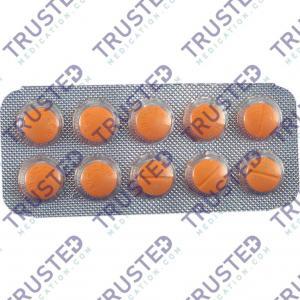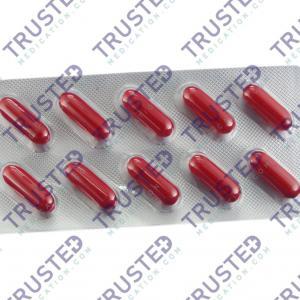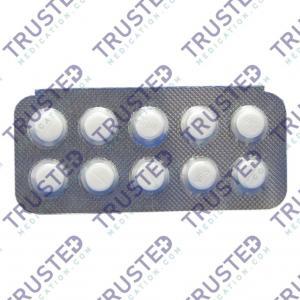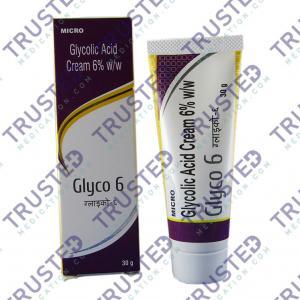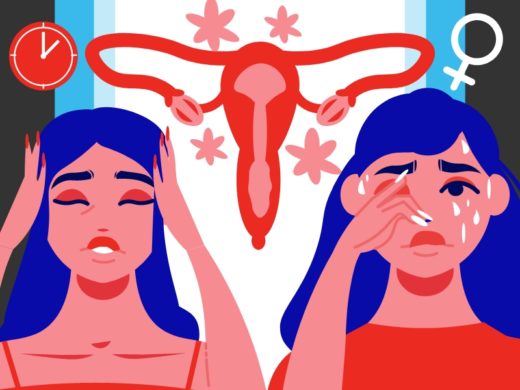
Hot flashes are sensations of heat that begin in the head and neck regions. Hot flashes are a common symptom experienced by women before and during the early stages of the menopausal transition. Though, not all women approaching menopause will develop hot flashes. Many women may experience hot flashes for a longer period.
Hot flashes are usually most intense over the face, neck, and chest. It can cause redness and intense sweating. If you lose too much body heat, you might feel chilled afterward. The symptoms of hot flashes may disrupt your sleep.

Symptoms of Hot Flashes
- A sudden feeling of warmth spreads through your chest, face, and neck
- Red or blotchy skin or flushed appearance
- Feelings of anxiety
- Perspiration in the upper body
- Rapid heartbeat
- A chilled feeling as the hot flash lets up
Many normally menstruating women will begin experiencing hot flashes even several years before the cessation of menstrual periods.
What are the Causes of Hot Flashes?
The most common cause of hot flashes is hormonal fluctuations before, during, and after menopause. Hot flashes may be caused by diminished estrogen levels making the body’s thermostat more sensitive to temperature changes. Rarely, hot flashes and night sweats are caused by something other than menopause. Medications, thyroid problems, certain cancers, and side effects of cancer treatment are all potential causes.
Possible Risk factors of Hot Flashes
- Smoking. Hot flashes are more likely to occur in women who smoke.
- Race. Black women are more likely to experience hot flashes during menopause than women of other races. Asian women are least likely to experience hot flashes.
- Obesity. Hot flashes are more common in people with a high body mass index.
Treatment for Hot Flashes
Hot flashes can be relieved most effectively by taking estrogen, but it carries risks. You may benefit more from estrogen if you start it within 10 years of your last menstrual period or before age 60. However, antidepressants and antiseizure drugs are less effective than hormones at reducing hot flashes.
Gabapentin for Hot Flashes
Hot flashes can sometimes be reduced with gabapentin, a drug that doctors often prescribe off-label. The hypothalamus controls body temperature, not hormones. Experts speculate that it might act on the hypothalamus instead of affecting hormones. Note that using gabapentin comes with some risks that people need to know before taking it. So, discuss with your doctor about the benefits and risks of taking the medication.



